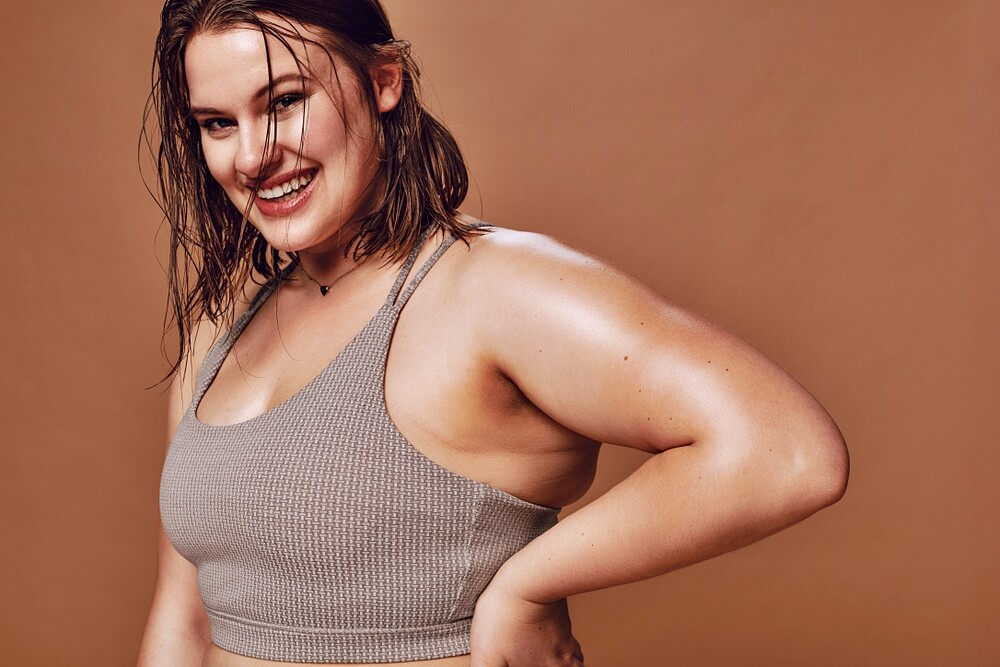Sportswear has to withstand a lot, but when it comes to cleaning it is often sensitive and needs special care to stay fit. In the article you can see which sportswear should be washed and how.
Wash and care sportswear properly
- Wash after each use: Nobody likes the smell of sweat. Sportswear should therefore be washed after each training session. It does not always have to be the washing machine, hand washing with shampoo is sufficient for this purpose.
- Separate laundry: Wash functional clothing separately, so that no residues of other clothing made of cotton and other natural materials get caught on it. And of course don’t forget the towels!
- Detergent & wash: Sportswear is made of synthetic fibres that need very special care. In order to retain the function of sportswear, it must be washed gently. Liquid mild detergent is particularly suitable for this. If you don’t have a sports programme in your washing machine, you should ensure that the temperature is low (30 degrees) and the speed is low. Wash functional clothing on the left side. To make sure that the clothes in the washing machine are really clean, the machine must also be clean. We show how it works: Clean the washing machine.
- No fabric softener: Do not use fabric softener as it reduces the function of the sportswear.
- Drying properly: In order to maintain the breathability of the training clothes for a long time, the clothes should only be dried at a low temperature in the dryer. If you don’t want to take any risks, you can air dry the clothes.
- Impregnation spray: Sports clothes have a water and dirt repellent impregnation which is worn out by washing. To prolong the life of the training clothes, it is recommended to impregnate them regularly with impregnation spray.
Lose the smell of sweat
As the sportswear is washed at a low temperature, there may still be some smelly spots after washing. In order to get rid of the smell, the sports equipment should be aired out immediately after exercise and not put in the laundry basket in a crumpled state.
Affected areas can also be treated with curd soap before washing. Soaking in vinegar before washing is also helpful against unpleasant odours and has an antibacterial effect (vinegar also helps when washing curtains).
Outdoor jacket
Wash the ski anorak as rarely as possible to protect it? That’s not a good idea. Not only does it get dirty, but it also gives off unpleasant odours and loses its function. A ski jacket should be washed after about seven days and a running jacket after about three training sessions.
Whether soft or hard shell: Both can be cleaned at home. The best way to do this is to use a liquid detergent for machine cleaning and an easy-care cycle at 30 degrees – but avoid fabric softeners, stain removers or bleach. Then rinse and hang up the outdoor jacket separately or put it in the dryer in a gentle cycle.
Very important to reactivate the water-repellent impregnation: Put the dry clothes in the dryer for another 20 minutes or iron them warm (2 points). If the impregnation is no longer effective, treat the jacket with pump spray or wash-in impregnation. Then dry or iron again.
Sports Bra
It is best to wash the sports bra directly after exercise to remove sweat, cream, deodorant and bacteria – otherwise the functional fibres will stick together. Hand washing is much gentler, but machine washing is also recommended – ideally in a laundry net and with a gentle programme.
Running shoes
Even if it’s tempting, don’t put stinking running shoes or sneakers in the washing machine, because the surfactants in the detergent attack the shoe glue – the cushioning and the midsole suffer. Better: clean the dirty running shoes with warm water and stuff them with newspaper (change several times) to dry.
Swimsuit
In order to remove chlorine, salt and other chemical agents present in the water, swimwear should be washed out with clean water after each use. This protects the material and prevents unpleasant odours, because especially parts worn in chlorine quickly start to stink. A proper rinse in the washing machine is therefore mandatory after at least every second visit to the pool.
Look out: Drying or hanging in bright sunlight is taboo. Frequent swimmers should buy several outfits so that they always have one dry one at hand.
Functional shirt
The easy-care cycle at 30 degrees is the right choice when it comes to washing a functional shirt. After washing in the washing machine, hang up the sports shirt or put it in the dryer (gentle cycle). You can save yourself a special sports detergent.
Training socks
Probably every athlete wears a pair of them: socks. Again, it is better not to use fabric softener when washing sportswear. This can damage the elastane contained in the material and impair the so-called moisture management, so that you sweat more during sports. In order not to give odour-forming bacteria a chance, sports socks should be machine washed at at least 60 degrees.

